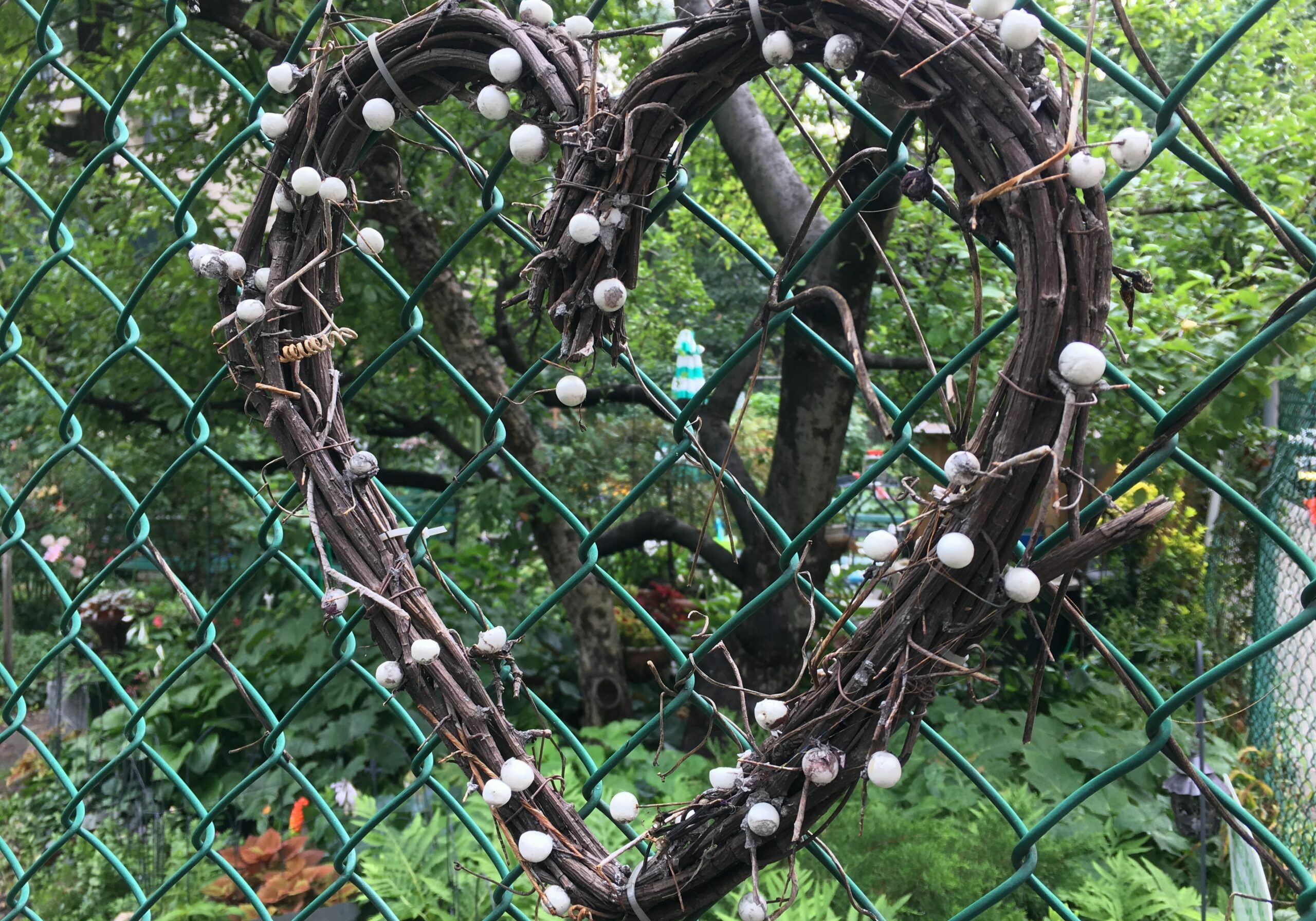February 12, 2024
Compare your first job with your current job

As you get older, it’s not that you have better instincts.
It’s that you have greater confidence to trust them.
You’ve been around long enough to build a foundation of knowledge, experience, perspective and judgment, which you can leverage to make effective and efficient decisions. You’ve frequently experienced identical or similar situations to the one you’re currently facing. And now that you have plenty of appropriate memories to scan, your judgment is likely to be sound.
Trouble is, we live in a world where most people have become separated from their natural instinctual selves. We overthink everything in order to justify our actions. The voice of doubt has grown so loud, that we can no longer hear our native intelligence.
When the reality is, if we learned how to better trust our instincts, we could skip the whole deliberation process and move straight into execution mode.
One way to understand this about yourself is to compare your first job with your current job. And to reflect on how similarly you approached work back then versus today.
My first official creative job at the age of nineteen was working at the campus radio station. I hosted a weekly show and also produced commercials on the marketing team.
Now, at that point in my career, I didn’t have that much confidence to trust my instincts. But I knew they were buried under there somewhere. Looking back at the work I did during that formative period, clearly there was some combination of artistic and organizational and promotional talent put to use.
It’s almost charming to remember the little spreadsheet I created for curating my playlists each week. Sunday mornings at ten o’clock, very few hungover college kids were tuning into my on air ramblings. But I still disciplined myself to treat my show like it was the number one radio program in the tristate area.
That work experience refined my creative spirit more than any marketing class I ever took. It engraved certain habits so deep that they eventually became natural and instinctual.
Fast forward to over twenty years later, and my creative process isn’t all that different from when I was nineteen.
I still love doing homework. I still value the process of ardent preparation. That discipline helps my actions grow natural and effortless when the red light eventually goes on.
The difference is, today my gut is older and wiser. It has downloaded tons of information that it uses to monitor my environment, so my notification system via hunches, impulses, intuitions and feelings is finely calibrated. Matters of creative instinct are hard coded in my genes. And when the voice of doubt come rolling in to spoil my flow, I know how to talk to myself.
Scott, believe in your instincts. Trust that you know what you’re doing, and that you know something they don’t. And just keep working. Because you’re good at this.
What gave you more confidence to trust your instincts? How are your first job and your current job strikingly similar?
Perhaps that’s why the majority of personality assessments are so insufficient. Because measuring intelligence, temperament or social style can only teach us so much. It’s great that someone is an extrovert who’s agreeable and slightly neurotic.
But what’s more valuable is measuring the instinctive ways people take action when they’re under pressure. Seeing what individuals rely on first whenever solving a difficult problem.
For example, do you gather and analyze data first? Do you bypass legacy systems to get things done? Do you default to taking risks, experimenting and innovating? Or do you see with your mind’s eye how objects come together?
None of those options are right or wrong, they’re simply different instinctive methods of operation. Everyone has their own.
What matters is if your process gives you confidence to trust your instincts. What matters is if the way you approach things reconnects you with your natural instinctual self.
Next time the voice of doubt starts pestering you, think back to the first job you ever had. Use your own history to remind yourself that you know what you’re doing, that you know things other people don’t, and that you’re good at things they’re not.
And that’s why you belong here.
If you learned how to better trust your instincts, could you skip the whole deliberation process and move straight into execution mode?

